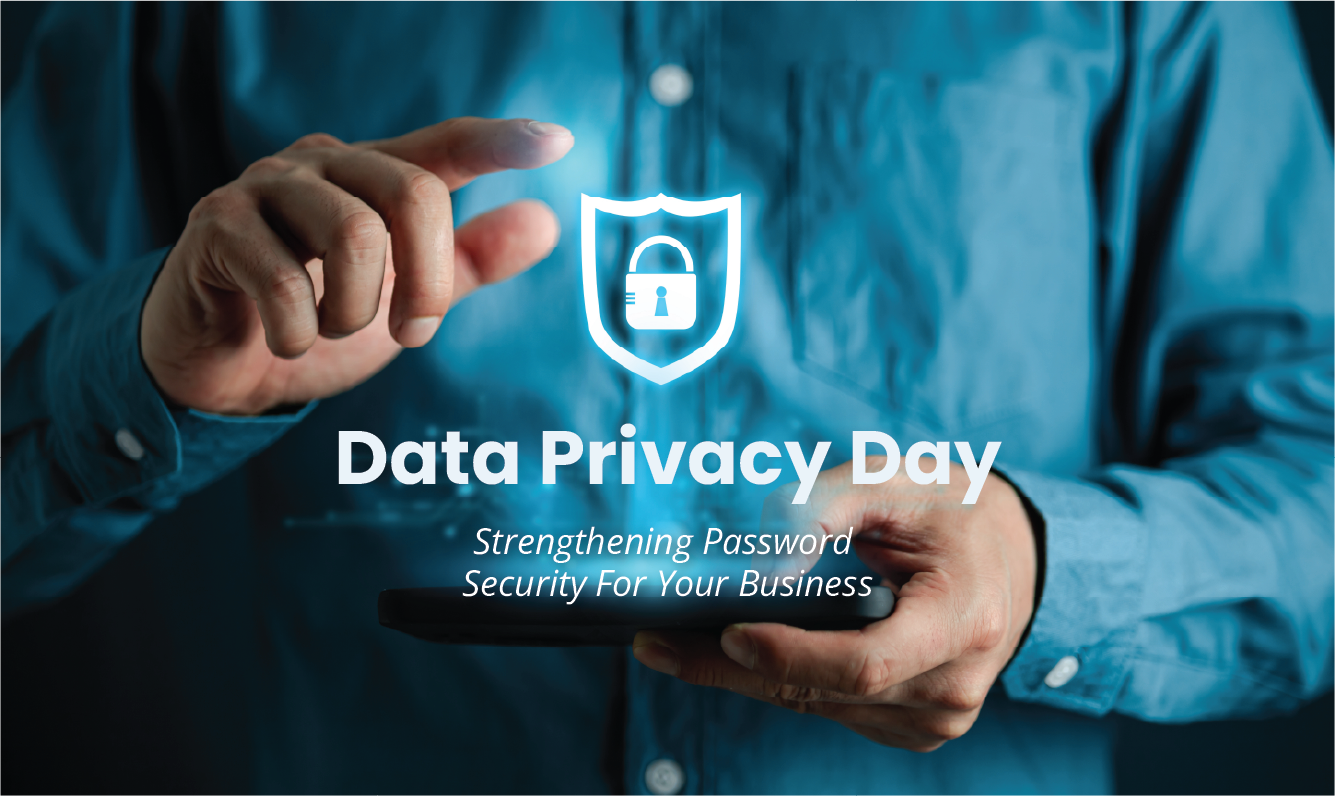How to Recognize and Avoid Phishing Scams
Phishing scams are a common tactic used by cybercriminals to trick individuals into revealing sensitive information or downloading malware. These scams often take the form of fake emails, texts, or social media messages that appear to be from a legitimate source, such as a bank or a government agency.
To protect yourself and your business from phishing scams, it is important to recognize and avoid them. Here are some tips to help you do so:
- Be suspicious of unsolicited emails or messages: If you receive an email or message from someone you don't know, or from an unfamiliar organization, be wary. Cybercriminals often use fake or spoofed email addresses and fake websites to trick people into revealing sensitive information.
- Look for red flags: There are several signs that an email or message may be a phishing scam. These include a sense of urgency (e.g. "You must act now!"), requests for personal information, and typos or other errors in the text.
- Check the sender's email address: Be sure to check the sender's email address to verify its authenticity. Cybercriminals often use email addresses that are similar to those of legitimate organizations, but with slight variations (e.g. "support@goog1e.com" instead of "support@google.com").
- Don't click on links or download attachments: If you receive an email or message with a link or attachment, do not click on it unless you are certain it is legitimate. Cybercriminals often use links and attachments to deliver malware or trick people into revealing sensitive information.
- Use caution when entering personal information: Be cautious when entering personal information online, especially on unfamiliar websites. If you are asked to enter sensitive information (e.g. login credentials, financial information), make sure you are on a secure, legitimate website.
By following these tips, you can help protect yourself and your business from phishing scams and other cyber threats. Remember, if something seems too good to be true, or if you are asked to take action that seems unusual, it is probably a scam. Trust your instincts and use caution when online to keep yourself and your business safe.




